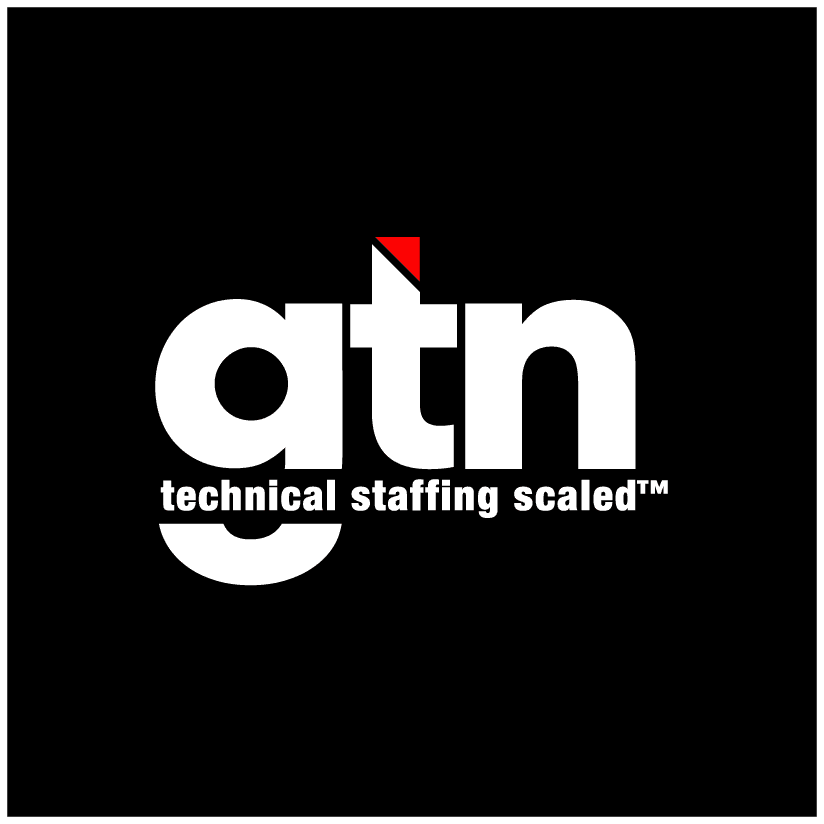Artificial intelligence (AI) is here and positioned as a cornerstone of technological innovation for the future. More than 82%, or 266 million companies, are already using AI or plan to use these algorithms in their daily operations.
Among the various branches of AI, generative AI stands out for its technical capabilities and some of the profound ethical questions it raises. What are the complexities of generative AI, how will it shape the future, and what ethical challenges does it pose?
If you’re considering generative AI, can you find a balance between its benefits and risks?
What is Generative AI?
Generative AI refers to software designed to create content, ideas, solutions, or even other AI systems based on learned data. Unlike traditional AI, which follows predefined rules, this type of AI leverages machine learning models like GPT (Generative Pretrained Transformer) to produce new and often unpredictable outputs. These systems can write essays, generate artwork, design products, and even engage in creative problem-solving.
McKinsey & Co. called 2023 generative AI’s “breakout” year. In 2024, they surveyed organizations around the globe and found that 65% use generative AI—double the number from the prior year. Three-quarters of survey participants say generative AI will “lead to significant or disruptive change in their industries in the years ahead.”
The Promise of Generative AI
From healthcare to finance, manufacturing to education, the potential applications of generative AI are vast and varied.
For instance:
- In Healthcare: Gen AI can assist in creating personalized treatment plans by analyzing patient data and predicting outcomes. It can also generate synthetic data to help train models without compromising patient privacy.
- In Creative Industries: Artists, writers, and musicians can collaborate with generative AI tools to co-create new works, pushing the boundaries of human creativity.
- In Business: Companies can use gen AI to develop new products, optimize operations, and create marketing content tailored to specific audiences.
However, with great power comes great responsibility. The evolution of gen AI brings forth a host of ethical implications that companies must carefully consider.
Ethical Implications of Gen AI
As companies increasingly integrate AI into their operations, ethical considerations will help AI systems stay fair, transparent, and accountable. Unethical AI practices, such as biased algorithms or misuse of personal data, can lead to significant legal risks, public backlash, and loss of customer trust. Businesses prioritizing ethical AI development are better positioned to innovate responsibly, attract socially conscious consumers, and build stronger, more resilient brands. Ethical AI is not just a moral obligation but a strategic advantage that can drive competitive differentiation in a rapidly evolving market.
Here are some issues affecting the application of ethical AI in business.
Bias in AI Outputs
One of the most significant ethical concerns with any AI platform is the potential for bias. These systems learn from vast datasets, and if the AI’s learning library contains biases—whether racial, gender, or socioeconomic—the software will likely reproduce and even amplify these biases in its outputs. For example, a generative AI trained on biased hiring data might produce recommendations that favor certain demographics over others.
The National Institute of Standards in Technology (NIST) says, “Bias in AI can harm humans.” They conclude the potential for human and systematic bias in these systems is high; after all, they were built by humans who potentially also carry biases—which they might even not be aware of.
The ethical dilemma here is twofold: first, ensuring that the data used to train these models is as unbiased as possible, and second, developing mechanisms to detect and mitigate bias in the AI’s outputs.
Accountability and Transparency
Accountability is another critical ethical issue affecting AI adoption. When a generative AI system produces a harmful or erroneous output, who is responsible? Is it the developers who created the AI, the users who deployed it, or the AI itself? The lack of clear accountability structures poses a significant challenge, especially in sectors like healthcare or finance, where decisions can have life-altering consequences.
Transparency closely links to accountability. AI systems, particularly complex generative models, often function as “black boxes,” making decisions in ways that humans do not easily understand. This opacity makes it difficult to audit AI systems and hold them accountable for their actions.
Impact on Employment
Generative AI’s ability to perform tasks traditionally done by humans raises concerns about job displacement. While AI has the potential to create new jobs and industries, it also threatens to make certain roles obsolete, particularly in fields like data entry, content creation, and even legal research.
The ethical challenge here is to ensure that the benefits of AI are broadly shared and that workers displaced by automation have opportunities for retraining and upskilling.
Privacy Concerns
Generative AI systems require massive amounts of data to function effectively. This data can include sensitive personal information, raising significant privacy concerns. For instance, an AI system generating personalized content might inadvertently reveal private information if it was trained on inadequately anonymized data.
Also, the data you put into a generative AI platform becomes part of its learning library. This reality is a huge concern if your information includes client or corporate product secrets. In 2023, Samsung developers used ChatGPT to generate bug fixes for some proprietary source code. That source code—corporate secrets—is forever a part of ChatGPT’s learning library now. PC Magazine stated, “The use of ChatGPT to find and fix buggy code has become pervasive within software engineering.”
The ethical imperative in these situations is to balance the benefits of data-driven AI with the need to protect individual privacy, ensuring that data is collected and used in a way that respects the rights of the end-user and their company.
Broader Societal Impact
Beyond individual concerns, generative AI has the potential to reshape society in profound ways. It can influence public opinion, create hyper-realistic fake content, and even challenge our notions of creativity and authorship. For example, deep fakes—videos or images generated by AI—can be used to spread misinformation, with potentially destabilizing effects on society.
The ethical challenge is to create safeguards that prevent the misuse of AI while encouraging its positive applications. This effort should include developing legal and regulatory frameworks that address the unique challenges of gen AI software.
Balancing Benefits and Risks
As we explore the ethical implications of generative AI, weighing its benefits against the risks is essential. On the one hand, AI has the potential to drive unprecedented innovation, solve complex problems, increase productivity, and improve the quality of life across the globe. On the other hand, the risks—bias, lack of accountability, privacy concerns, and societal impact—are significant and cannot be ignored.
What Does Responsible AI Development Look Like?
Responsible AI doesn’t have to be an oxymoron. Responsible AI development involves creating systems that are ethical by design. This approach requires consideration of the ethical implications at every stage of the AI development process, from data collection and model training to deployment and monitoring. Some of the key principles of responsible AI development include:
- Fairness: Ensuring that AI systems are free from bias and do not discriminate against individuals or groups.
- Accountability: Establishing clear accountability structures so that it is always possible to determine who is responsible for an AI system’s actions.
- Transparency: Making AI systems as transparent as possible, allowing users and regulators to understand how decisions are made.
- Privacy: Protecting individual privacy by minimizing personal data use and ensuring that data is handled securely.
- Social Responsibility: Considering the broader societal impact of AI systems and working to ensure that they are used for the public good.
The Future of Generative AI
Gen AI’s role in society will only become more significant as it continues to evolve. The ethical implications discussed here are just the beginning of a broader conversation about how we, as a society, choose to use this powerful technology. By engaging with these ethical challenges now, we can help shape a future where generative AI is a force for good—driving innovation while respecting the rights and dignity of all individuals.
Need AI Technical Talent? Contact GTN Technical Staffing
If your business is navigating the complexities of AI and seeking top-tier technical talent, look no further than GTN Technical Staffing. Specializing in connecting companies with highly skilled professionals, GTN understands the unique demands of AI-driven projects. Whether developing cutting-edge AI solutions or integrating advanced algorithms into your operations, having the right technical experts is crucial to your success. GTN Technical Staffing is your trusted partner in finding the AI talent to propel your business forward, ensuring you have the expertise needed to innovate and stay ahead in a competitive landscape. Contact GTN today to discover how we can help you build a team capable of turning your AI ambitions into reality.





